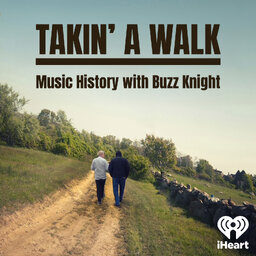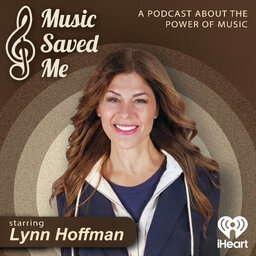This Week in Music History on the "takin ' a walk" podcast
Join @thebuzzknight with @harryjacobs for a look at music history for the week of 1/13.
For comments or suggestions write buzz@buzzknightmedia.com
Follow on Instagram @takinawalkpodcast.
In 2 playlist(s)
Takin' A Walk - Music History with Buzz Knight
On the Takin’ A Walk-Music History Podcast, Buzz Knight goes deep with American music’s most iconic …Social links
Follow podcast
Recent clips
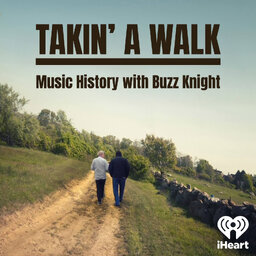
Buzz Knight and Jake Sumner Discuss Ron Delsener's Impact on Rock Music History and the new documentary "Ron Delsener Presents"
42:25
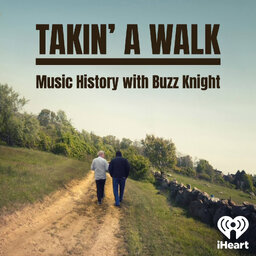
Discover How Walking Inspires Songwriting with Buzz Knight and Boy Golden: A Deep Dive into Indie Music Stories!
25:10
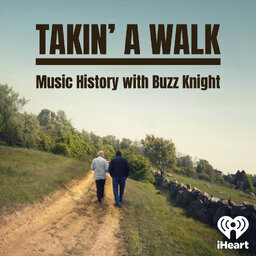
Takin A Walk with Buzz Knight : Billy Bob Thornton and J. D. Andrew Discuss Their Musical Evolution and Fan Connection-Encore Rock Music Interview
29:56
 Takin' A Walk - Music History with Buzz Knight
Takin' A Walk - Music History with Buzz Knight